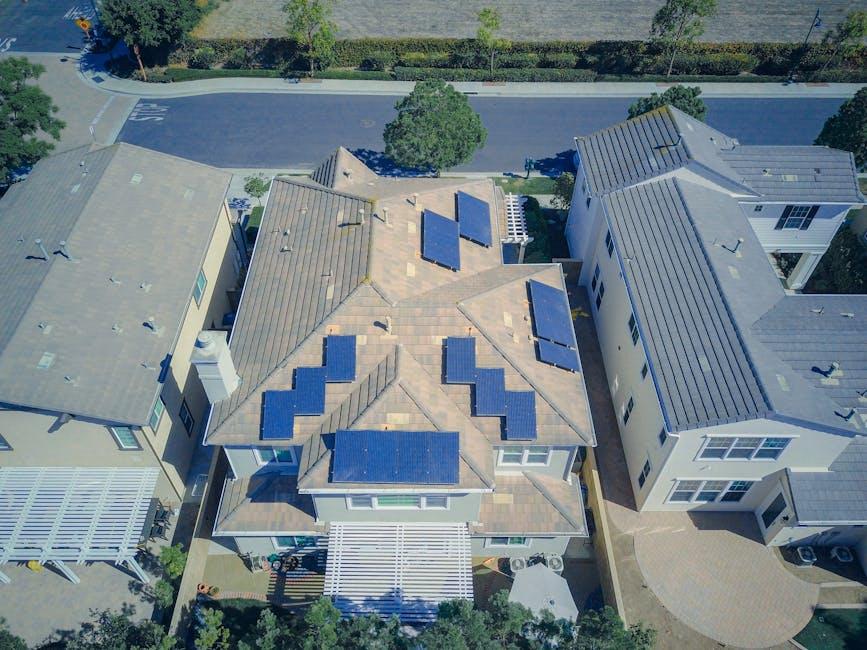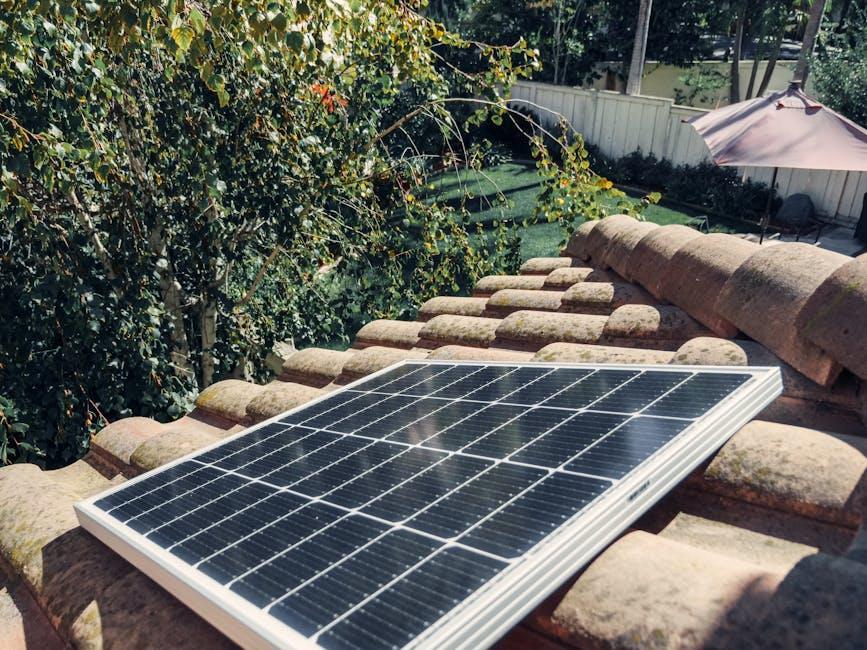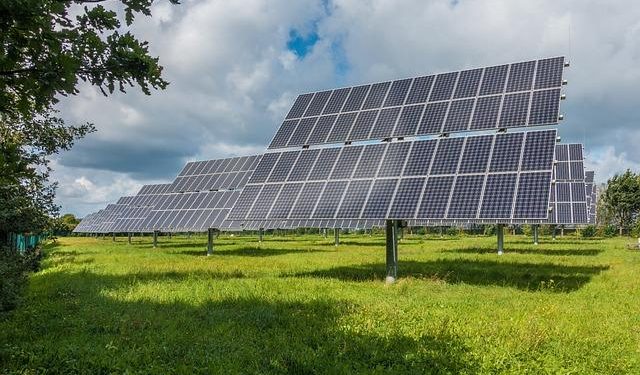In a world where the sun’s rays are increasingly harnessed to power our lives, the concept of solar battery storage has emerged as a pivotal player in the energy landscape. As more homeowners embrace solar panels to capture the abundant energy of daylight, a pressing question arises: is solar battery storage a necessary companion for maximizing the benefits of this renewable resource? With the allure of energy independence and the promise of sustainability, the decision to invest in solar battery storage becomes a journey into the heart of modern energy innovation. This article delves into the practicalities and possibilities of solar battery storage, weighing its necessity against the backdrop of ever-evolving technology and the quest for a greener future.
Understanding Solar Battery Storage Benefits
Embracing solar battery storage offers a myriad of advantages that extend beyond just powering your home. At the forefront is the ability to store excess energy generated during peak sunlight hours. This stored energy can then be utilized during the night or on cloudy days, ensuring a consistent energy supply. By harnessing this technology, homeowners can achieve a greater degree of energy independence, reducing reliance on the grid and protecting against fluctuating electricity costs.
- Energy Resilience: Maintain power during outages and unpredictable weather conditions.
- Cost Savings: Offset electricity bills by using stored energy when grid prices are high.
- Environmental Impact: Minimize carbon footprint by maximizing the use of renewable energy.
- Increased Home Value: Attract eco-conscious buyers by offering sustainable energy solutions.
These benefits collectively enhance not only the functionality of solar systems but also contribute to a more sustainable and economically sound lifestyle.

Exploring Cost-Effectiveness for Homeowners
In the quest for sustainability and energy efficiency, homeowners are increasingly considering the installation of solar battery storage systems. However, the question of cost-effectiveness often arises. Understanding whether this investment is necessary requires a closer examination of its potential benefits and drawbacks. On one hand, solar batteries can offer significant advantages, such as:
- Energy Independence: Storing solar energy for use during non-sunny periods reduces reliance on the grid.
- Emergency Backup: Provides a backup power source during outages, ensuring critical appliances and systems remain operational.
- Maximized Solar Usage: Allows for the consumption of solar energy at night or during cloudy days, maximizing the investment in solar panels.
On the flip side, homeowners must consider the initial costs, which can be substantial, and weigh them against potential savings on energy bills. The return on investment often depends on several factors, such as local energy prices, government incentives, and personal energy consumption patterns. Evaluating these elements carefully can help determine whether solar battery storage is a wise financial decision or an unnecessary expense for your household.
Environmental Impact and Sustainability Considerations
The integration of solar battery storage systems in residential settings holds significant promise for enhancing sustainability and minimizing environmental footprints. These systems can lead to a more efficient use of solar energy, reducing reliance on fossil fuels and lowering carbon emissions. By storing excess solar power, homeowners can effectively decrease their dependency on the grid, particularly during peak demand times when energy generation is often less environmentally friendly. This not only aids in stabilizing the energy supply but also helps mitigate the environmental impact associated with non-renewable energy sources.
Sustainability considerations are essential when evaluating the necessity of solar battery storage for homes. Homeowners should weigh the following factors:
- Resource Utilization: Battery systems should ideally be made from materials that are abundant and recyclable to reduce ecological harm.
- Lifecycle Impact: Assess the energy consumed and emissions produced over the battery’s entire lifecycle, from production to disposal.
- Energy Independence: Enhanced self-sufficiency can reduce strain on the grid, contributing to broader energy sustainability goals.

Guidelines for Choosing the Right Solar Battery System
When selecting a solar battery system for your home, several crucial factors should be considered to ensure you make the most informed decision. Capacity is one of the most important aspects—this refers to the total amount of electricity the battery can store, which should align with your household’s energy consumption needs. Additionally, the power rating determines how much electricity the battery can deliver at once, affecting how many appliances can run simultaneously.
Consider the lifespan and warranty of the battery, as these elements can greatly influence long-term costs and reliability. Round-trip efficiency—the percentage of energy retained during the charging and discharging process—can impact the system’s overall performance. Don’t overlook the depth of discharge (DoD), which indicates how much energy can be used before the battery needs recharging. For a seamless integration with your existing solar panels, ensure compatibility by checking the battery’s voltage and inverter requirements. Investing time in understanding these factors can lead to a solar battery system that meets your home’s specific energy needs and optimizes your solar investment.
Key Takeaways
As the sun dips below the horizon, casting its golden farewell over rooftops, the conversation about solar battery storage lingers like the soft glow of twilight. For some homeowners, these innovative devices are a beacon of energy independence, capturing the day’s abundance for use in the quiet hours of night. For others, they remain a question mark, a possibility nestled among the clouds of cost and necessity.
Ultimately, the decision to embrace solar battery storage is as unique as each home it might power. It calls for a careful balancing act of personal needs, environmental aspirations, and financial considerations. As technology evolves and the world inches closer to sustainable solutions, perhaps the true question isn’t whether solar battery storage is necessary, but rather, how it might illuminate a future where energy flows as freely as the sunlight that inspires it.
And so, as you ponder the possibilities, remember that every sunrise brings with it new opportunities, and the choice is yours to make—whether to capture that light and hold it, or to let it simply brighten your day.


































